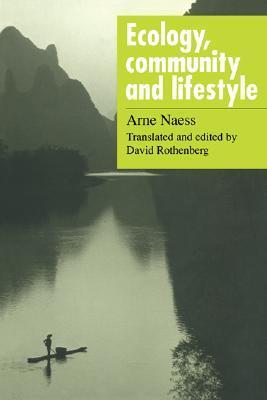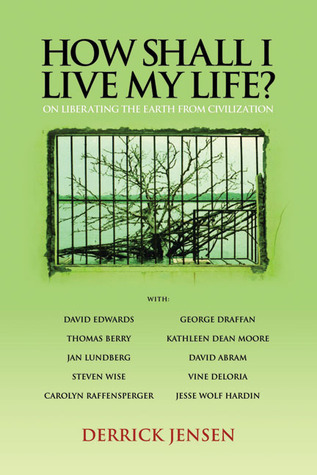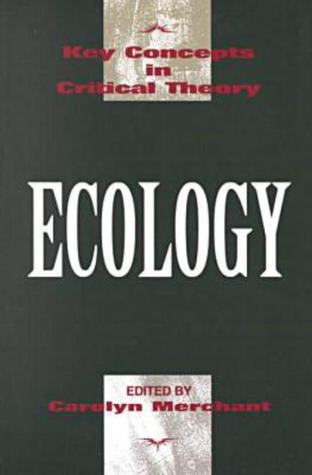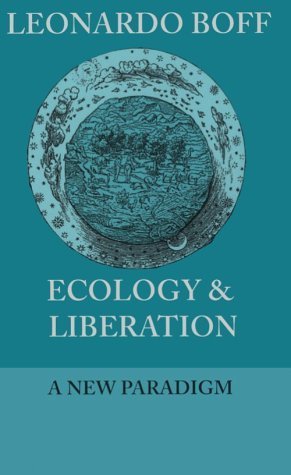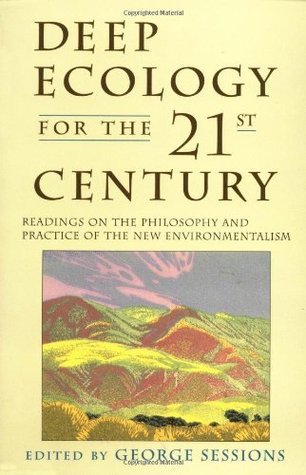
Deep Ecology for the Twenty-First Century: Readings on the Philosophy and Practice of the New Environmentalism
Book Description
Imagine a world where the natural and human realms are intertwined, not at odds. "Deep Ecology for the Twenty-First Century" plunges into the transformative philosophy that challenges the fabric of modern environmentalism. This collection ignites powerful discourses on how reverence for nature can reshape societies, urging a fundamental shift in values and actions. As activists and thinkers grapple with the urgency of ecological crises, they unveil profound insights that could redefine humanity's relationship with the Earth. What if the path to a sustainable future lies not just in conservation, but in a radical reawakening of our place in the greater web of life?
Quick Book Summary
"Deep Ecology for the Twenty-First Century," edited by George Sessions, is a foundational anthology exploring the deep ecology movement—a philosophy advocating for a profound shift in how humans perceive, value, and interact with the natural world. Through seminal essays from thinkers like Arne Naess and Gary Snyder, the book contrasts "deep" ecology’s holistic approach with the "shallow" environmentalism focused on technocratic fixes and resource management. Emphasizing intrinsic value in all life forms, contributors call for a radical questioning of modern society's anthropocentrism, economic growth paradigms, and the exploitative mindset. The readings challenge readers to cultivate ecological consciousness, foster bioregional communities, and anchor activism in spiritual and ethical awareness, arguing that sustainable change requires a reorientation of both individual values and societal structures.
Summary of Key Ideas
Table of Contents
The distinction between deep and shallow ecology
Deep ecology emerges in this collection as a response to the limits of mainstream environmentalism, which often treats ecological issues as technical problems separate from human values and lifestyles. Rather than adjusting consumption or managing pollution alone, deep ecology invites a fundamental questioning of the Western worldview that places humans above or apart from nature. The book carefully distinguishes "deep" from "shallow" ecology, highlighting that meaningful environmental change requires addressing the roots of ecological crisis—namely, anthropocentrism, capitalism, and reductionist thinking.
Intrinsic value of nature and ecological self-realization
Authors in the anthology foreground the intrinsic worth of all beings, urging the rejection of the notion that value derives solely from human utility. This radical egalitarianism views humans as participants in the web of life, advocating "ecological self-realization"—a sense of identity that broadens to embrace ecosystems, species, and the biosphere. The collection exposes the ethical and psychological roots of environmental harm, arguing that the health of each organism is inseparable from the whole, supporting a shift from seeing nature as "other" to a more connected, holistic perspective.
Spiritual and philosophical underpinnings of deep ecology
The philosophical and spiritual dimensions of deep ecology are central to the anthology. Drawing from sources such as Eastern religions, indigenous worldviews, and Western philosophy, contributors emphasize reverence, humility, and interconnectedness. The book suggests that restoring ecological balance requires not only changes in technology or policy, but also a transformation of consciousness and personal values. Several essays argue that spiritual traditions can provide the ethical grounding for an Earth-centered ethic that respects limits and fosters care for the planet.
Bioregionalism and community-based living
One key practical outcome is the call for bioregionalism—organizing communities and economies around local ecological realities rather than arbitrary political boundaries. This approach champions reinhabiting place, knowing local landscapes, and rooting daily life in seasonal cycles and community cooperation. Deep ecology envisions sustainability as participation in place-based ways of living, where people see themselves as caretakers rather than conquerors, fostering resilience and self-sufficiency at the local level.
Transforming activism and ethics for genuine sustainability
The book concludes that an authentic ecological movement must reshape not only laws and policies but also worldviews, values, and ethics. Activists are urged to go beyond protest and reform, embracing practices and philosophies that nurture ecological wisdom. By integrating spirituality, ethics, and practical action, deep ecology offers a roadmap toward a future where humans live in harmony with the planet, guided by respect for all life, biotic diversity, and the recognition of our deep kinship with nature.
Download This Summary
Get a free PDF of this summary instantly — no email required.


